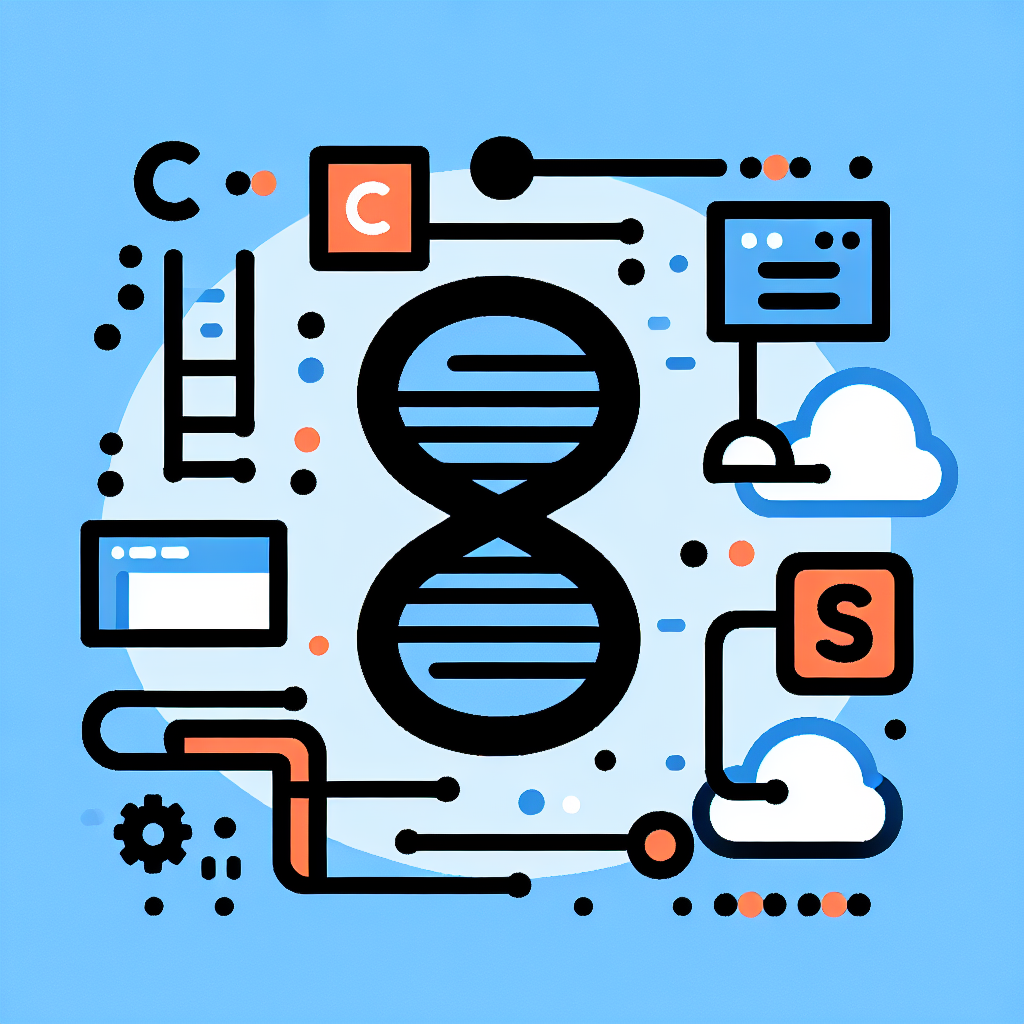Convert C to SQL Instantly | Efficient Code Translation Tool
Transform C code into SQL effortlessly with our innovative tool. Boost efficiency and streamline workflows today! Try our C to SQL converter now.
Source Code
Converted Code
Output will appear here...
C to SQL is a powerful tool that seamlessly converts C code into optimized SQL queries, streamlining database management and enhancing application performance. Ideal for developers seeking efficient data manipulation and integration, it reduces manual coding time and minimizes errors. Perfect for projects requiring robust data handling, C to SQL boosts productivity and ensures reliable, scalable solutions.

C to SQL Conversion Tool Link to this section #
The C to SQL conversion tool is an essential utility for developers looking to streamline their data processing tasks by transforming C programming logic into SQL queries. This tool enhances efficiency and reduces manual coding errors, making the transition between programming languages seamless.
Key Features Link to this section #
- Automated Conversion: Translates C code structures directly into SQL queries, preserving logic and functionality.
- Syntax Mapping: Accurately maps C data types and control structures to SQL equivalents.
- Error Detection: Identifies and flags potential errors in the conversion process for review.
Benefits Link to this section #
- Time Efficiency: Reduces development time by automating repetitive tasks.
- Accuracy: Minimizes human error by generating SQL queries directly from C code.
- Scalability: Easily adapt and expand existing C applications to interact with SQL databases.
Usage Link to this section #
To utilize the C to SQL conversion tool, follow these steps:
- Input C Code: Provide the section of C code that requires conversion.
- Run Conversion: Execute the tool to generate corresponding SQL code.
- Review Output: Inspect the SQL output for accuracy and make any necessary adjustments.
Example Link to this section #
Given a C code snippet:
for(int i = 0; i < 10; i++) {
printf("%d\n", i);
}
The tool can generate an SQL equivalent for iterating over a range:
SELECT generate_series(0, 9) AS numbers;
Additional Resources Link to this section #
By leveraging this tool, developers can ensure a smooth transition from C to SQL, optimizing database interactions and application performance.
Frequently Asked Questions
How can I connect a C program to a SQL database?
To connect a C program to a SQL database, you can use a database connector library such as MySQL Connector/C for MySQL databases, or ODBC (Open Database Connectivity) for more general SQL database access. These libraries provide functions to establish a connection, execute SQL queries, and retrieve results.
What are the basic steps for executing SQL queries from a C program?
The basic steps for executing SQL queries from a C program include: 1) Establishing a connection to the database using a connector library, 2) Preparing and executing the SQL query using functions provided by the library, 3) Processing the results if it is a SELECT query, and 4) Closing the connection to the database.
Are there any recommended libraries or tools for integrating C with SQL databases?
Yes, several libraries and tools are recommended for integrating C with SQL databases. For MySQL, you can use MySQL Connector/C. For PostgreSQL, the libpq library is commonly used. Additionally, ODBC is a versatile option that allows connection to various SQL databases through a unified API.